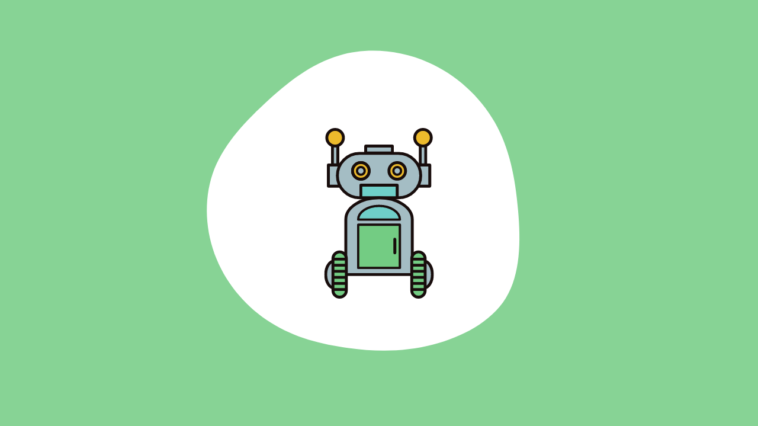Artificial Intelligence (AI) software refers to computer programs that are designed to perform tasks that would typically require human intelligence. In recent years, the democratization of technology has become increasingly important, as it aims to provide equal access to technology for all individuals and businesses regardless of their economic or social status.
In this article, we will explore the impact of AI software on the democratization of technology, the advantages and disadvantages of this democratization, and the role of AI in bridging the digital divide.
The Impact of AI Software on the Democratization of Technology
AI software is playing a crucial role in democratizing technology by making it more accessible to a wider range of people and businesses. For instance, AI-powered chatbots are providing customer support and assistance, while machine learning algorithms are enabling automated decision-making processes.
These software solutions are affordable, easy to use, and require little to no technical expertise. Moreover, they are enhancing creativity and innovation, as individuals and businesses can leverage these technologies to create new products and services that were previously impossible.
One significant advantage of AI software democratization is that it reduces the digital divide. The digital divide refers to the gap between individuals and communities that have access to technology and those who do not.
With AI software, individuals and businesses can access affordable and user-friendly technology, which improves their productivity and competitiveness. Additionally, AI democratization promotes diversity, as it enables individuals from different backgrounds to create and develop innovative solutions that meet the unique needs of their communities.
However, there are also some potential disadvantages associated with AI software democratization. One significant concern is security, as AI-powered systems can be vulnerable to cyber-attacks and data breaches. Additionally, the risk of job displacement is a concern, as AI software may replace human labor in certain industries.
The Role of AI in Bridging the Digital Divide
Bridging the digital divide is critical in today’s world, as access to technology is essential for success in education, business, and daily life.
AI software can play a crucial role in bridging the digital divide by providing low-cost, accessible solutions to individuals and businesses. For instance, AI-powered chatbots can provide virtual assistance, while machine learning algorithms can analyze large datasets to identify patterns and trends. These solutions are particularly beneficial for individuals and businesses in underserved communities who may not have access to expensive technology and technical expertise.
The Future of AI Software and Democratization
In the future, we can expect AI software to continue to democratize technology, making it more accessible and affordable to individuals and businesses across the globe. However, ensuring that the benefits of AI democratization are widely distributed will require policymakers, business leaders, and technology developers to collaborate and develop strategies that address the potential disadvantages of this democratization. For instance, implementing effective cybersecurity measures and retraining workers who are at risk of job displacement.
Conclusion
In conclusion, the democratization of technology is critical for promoting economic growth, enhancing creativity and innovation, and reducing social and economic inequality. AI software is playing a significant role in this democratization by providing affordable, user-friendly, and accessible solutions to individuals and businesses. While there are potential disadvantages associated with AI democratization, bridging the digital divide is critical for ensuring that everyone has equal opportunities to succeed. By collaborating and developing effective strategies, we can ensure that the benefits of AI democratization are widely distributed, promoting a more equitable and prosperous future for all.


